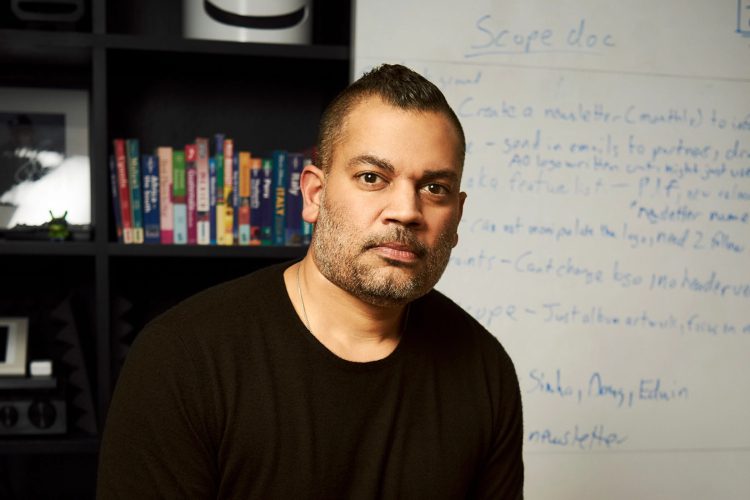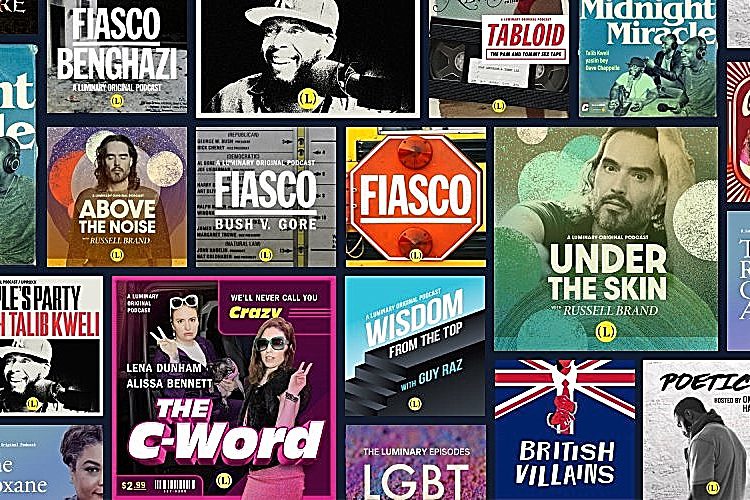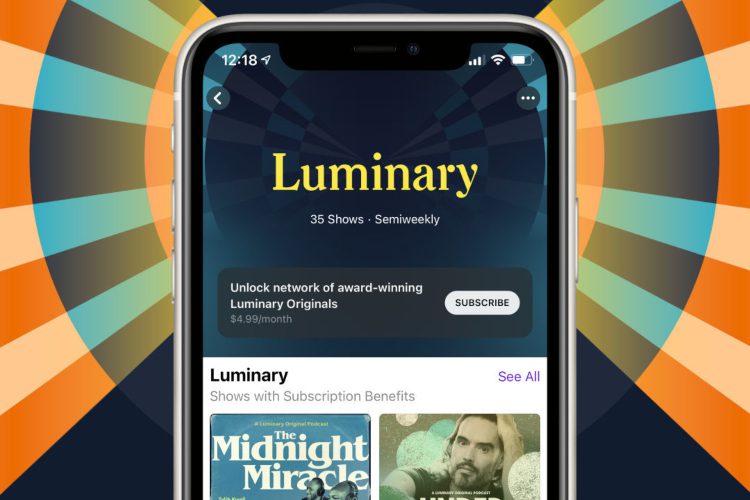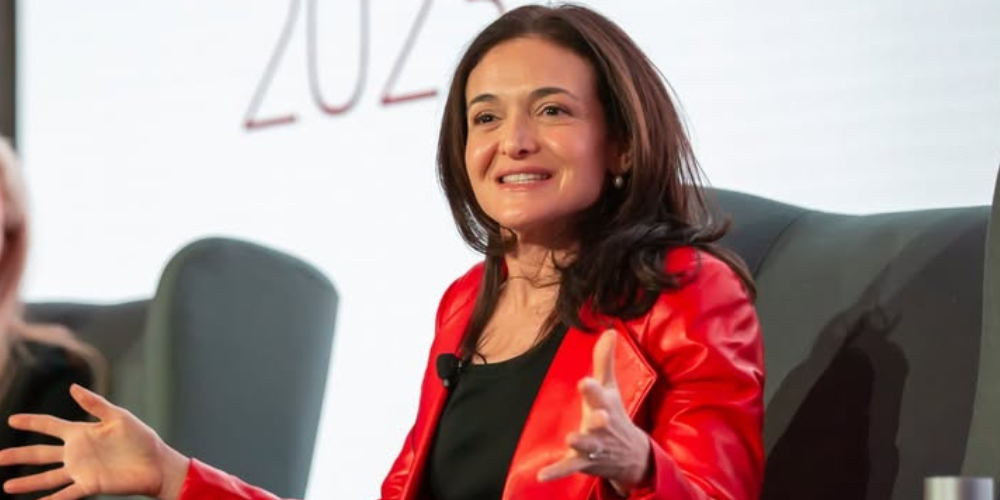
Chris Callaway
Luminary has unveiled more and more great news—now, the platform also has a new, progressive CEO. Rishi Malhotra is replacing Simon Sutton, the former HBO president, bringing new ideas to the podcast subscription service.
Luminary’s New CEO

hearluminary/Twitter
Rishi Malhotra has a ton of experience with music and podcasts. Previously, he co-founded and worked as CEO for the Indian online music streaming service JioSaavn. Now, his impressive ideas will transform Luminary as a service—especially the sports, music, and comedy sections.
The platform has already grown tremendously. In late November, Luminary was second on Apple’s list of top subscription podcast networks. “We are going beyond subscriptions to deliver products that connect fans more uniquely to creators. I’m honored to work with the exceptional team and talent partners at the company,” the new CEO said in a statement. “We are at a crossroads of shaping new media that entertains, educates, and elevates us.”
Malhotra is not the only believer in the podcast service. Apart from the new boss, stars like Dave Chapelle, Roxane Gay, Russell Brand, Lena Dunham, Guy Raz, Yasiin Bey (formerly known as Mos Def), and Talib Kweli have partnered with Luminary. Moreover, Chapelle’s Pilot Boy Productions has invested in the business model and become a part of the board of directors. “I chose Luminary because they value artists and share my vision for re-imagining audio content,” Chappelle said in a statement. “At Luminary, we are creating an authentic space for inspired artists to develop and share their original content.” Ben Jealous, former National President and CEO of the NAACP; Heather Hiles, managing partner at Black Ops Ventures; and Mara Buxbaum, president of ID, will also be on the board of directors.
As Free As Artists Want To Be

hearluminary/Instagram
Why did Malhotra turn to Luminary? The new CEO stated that the service made him curious and he believes in the company’s subscription model, which can inspire so many different forms of entertainment. When he worked for HBO, Malhotra asked David Simon about his experience with the premium cable channel. Simon said he wanted to make up the best story possible rather than selling unnecessary businesses.
Luminary’s model “allows artists to be as free as they want to be,” Malhotra said. “And we can take the work they produce and transfer it to fan commerce, take it into intellectual property, take it into NFTs in ways that are related to the core content. Artists want that and audiences want that.” He wants to gather as many artists as possible with the service and let their voices be heard around the world.
He’s right—subscription models have been extremely popular for the past several years. Furthermore, they are a lot more affordable than cable TV. Luminary, for example, costs about $35 a year. Its audience is evenly divided between men and women. Yet, the worldwide pandemic changed its popularity. As COVID took over, podcasts were forgotten, as nobody was commuting to work or university anymore. Fortunately, by the end of the summer of 2020, podcast listening exploded again. “What really happened was people figured out different ways for podcasting to fit into their life,” said Matt Sacks, a Luminary co-founder and executive chairman. “Maybe that was going to the gym or going for a walk or listening to them while they made dinner, but the relationship changed.”
Sources: Hollywood Reporter, MSN, Variety










